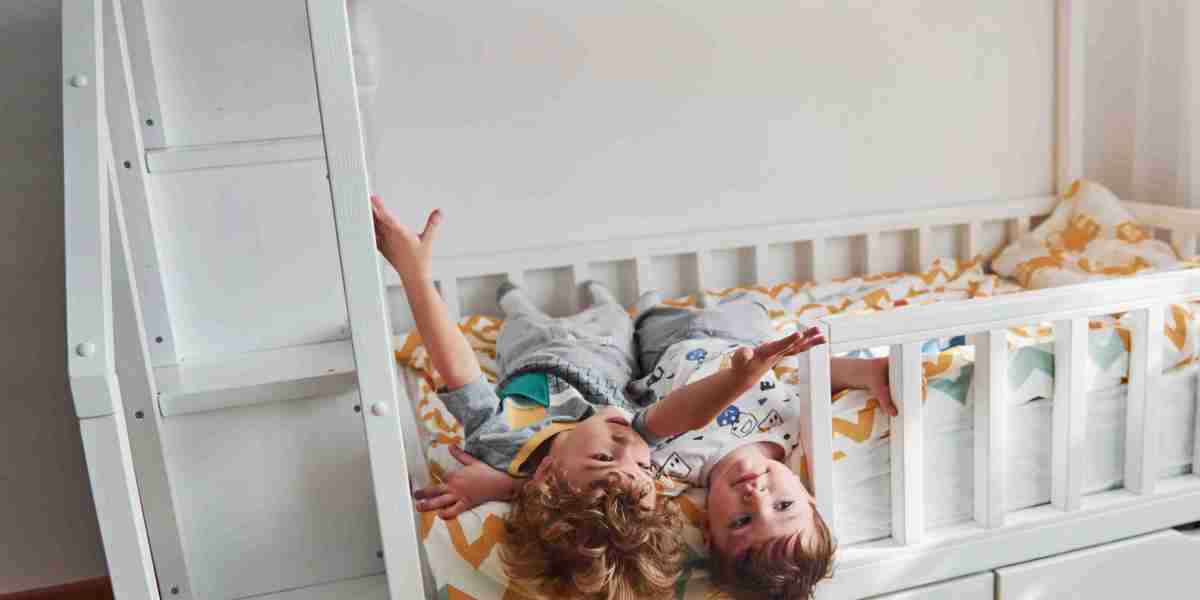"These fillers are sometimes unique and used for specific areas of the face, for instance tear troughs and jawline. It’s about customization, quite than using a multipurpose syringe for all areas of the face." Every filler has specific properties, similar to viscosity and sturdiness, that make them acceptable, or not acceptable, for certain areas of the skin. Few previous research have tried to outline the impression of injectable therapies on social and psychological wellbeing utilizing FACE-Q tools. Where they have carried out so, studies have tended to be based mostly on remedy of a single area of the face15,24 or have been undertaken inside a training mannequin with sufferers receiving treatment free of charge16 (which could have an effect on the magnitude of perceived benefit). The present evaluation included sufferers treated across numerous indications in the context of regular follow. The outcomes on the core themes suggest that aesthetic engagement within the ATs is to be understood as an experiential quality that captures the simultaneity of sensory-expressive-relational-socio-cultural involvement that is characteristic for arts practices.
Opportunities for investors and companies in medical aesthetics
These findings partly parallel Koch’s theoretical conceptualisation of working elements in ATs [46]. While dancing, singing, taking half in, expressing, the actions have an effect on the participants’ perception, curso De ozonioterapia em salvador emotions and understanding inside that situation [46]. The reflection on these processes by a affected person individually and between affected person and therapist could offer a hermeneutic understanding of the newly discovered potentials and consider their significance for therapeutic change [47]. This brief excursus reveals the effort which has been made by ecologists and designers to contemplate the cultural and perceptional facet of landscape, while for their half, those working in the humanities have attempted to ground landscape concept in biology and evolution (as outlined within the earlier sections).
A beginner’s guide to caring for your skin with psoriasis
It is frequent to pay attention to that contact with nature, in its many and numerous types, promotes human well being. A recent Frontiers in Psychology article (Kuo, 2015) identifies a number of environmental factors, physiological and psychological states, behaviors or circumstances, each of which has been empirically tied to nature and has implications for particular physical and mental well being outcomes. It could be true that strolling through the surrounding landscape, to call simply an occasion, has a constructive or restorative impact on health, however how can we understand the myriad of studies and literature reviews on that topic? And if there is a connection between nature and human well being, what is the theoretical framework during which we are able to understand this hypothesis?
Not all care settings have to work as holding environments on this therapeutic sense but the idea could be applied more broadly or extended by analogy. For instance, it has been utilized to therapeutic residential care for young people that combines lodging and a garden area with roles and relationships designed to enable ‘emotional holding’ and ‘containment’ of inauspicious feelings (Vishnja 2007). Many different settings are partially comparable as a outcome of sufferers can easily really feel lost within, or threatened by, experiences of ill-health or by healthcare itself. The dangers of feeling weak, disengaged or disempowered are widespread and—as will go on to highlight—given the growing aspirations in the path of co-production, this offers the aesthetics of sociality particular significance. To indicate the non-marginal place of aesthetic concerns maybe a great place to start is ‘medicine’—here, primarily referring on to tablets, potions, infusions, lotions or ointments; but, after all, ‘medicine’ can be a suggestive synecdoche. Medicines are a key interface between the healthcare system and patients and carers.
The acceleration of the mind-body connection will encourage more brands, spa operators and wellness professionals to boost the wellness journey with neuro cosmetics incorporating stress relieving strategies, healing practices and revised routines to speed up this understanding. People will be prepared to pay more for merchandise and technologies which have mood-boosting qualities. Looking good makes individuals feel more confident, and sustaining good psychological wellbeing is critical to total well-being. Most aesthetic practitioners will feel confident that their treatments have constructive effects on the mental and social dimensions of health based on feedback from their sufferers. Qualitative data additionally counsel that psychosocial wellbeing is a key motivator for present process minimally invasive aesthetic procedures.10 Following profitable therapy, patients inform us that their self-confidence has improved and social avoidance lowered. However, until lately, this has been poorly outlined in the scientific literature.








